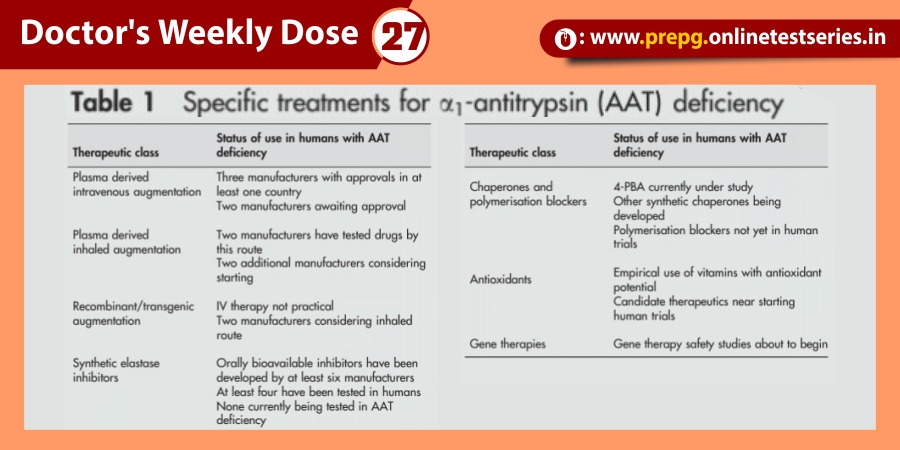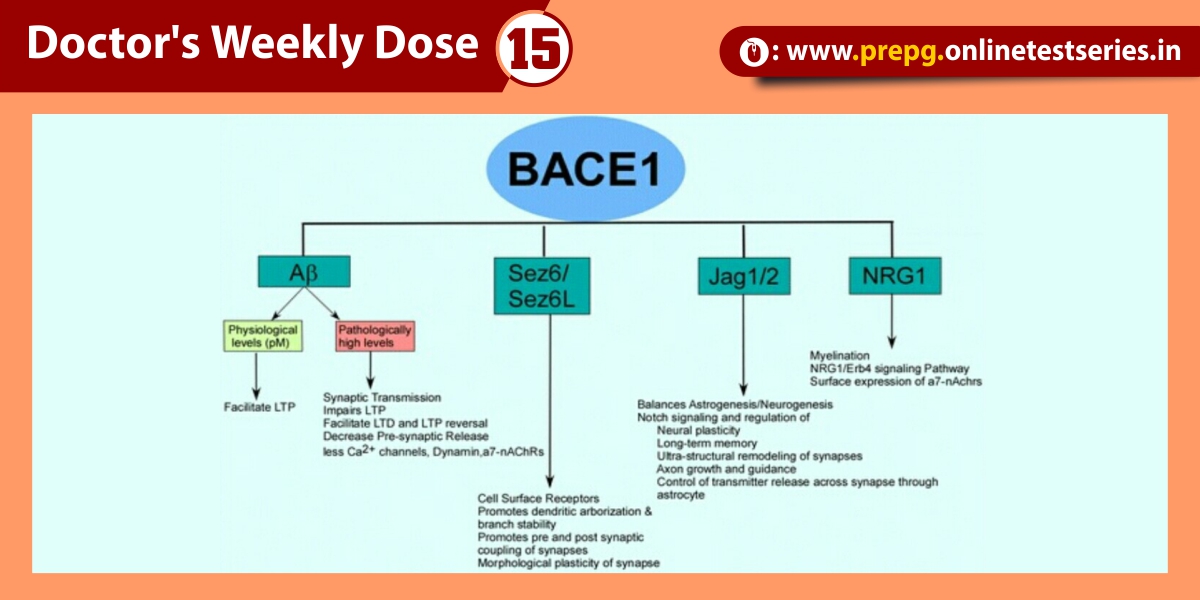A cancer growth blocker blocks the growth factors that trigger the cancer cells to divide and grow. Scientists are looking at different ways of doing this such as:
- lowering levels of the growth factor in the body
- blocking the growth factor receptor on the cancer cell
- blocking the signals inside the cell that startup when the growth factor triggers the receptor
Most of these treatments work by blocking the signalling processes that cancer cells use to divide.
Cancer cells are often very sensitive to growth factors. So if we can block them, we can stop some types of cancer from growing and dividing. Scientists are developing different inhibitors for the different types of growth factors.
It isn’t easy to group targeted therapies into different types because the groups often overlap. This can be confusing. For example, some cancer growth blockers stop the growth of blood vessels to growing cancer. So they are also working as anti-angiogenic drugs. Some cancer growth blockers are also a monoclonal antibody.
Types of cancer growth blockers
There are different types of cancer growth blockers. They can be grouped according to the types of chemical that they block.
Tyrosine kinase inhibitors (TKIs)
Tyrosine kinase inhibitors (TKIs) block chemical messengers (enzymes) called tyrosine kinases. Tyrosine kinases help to send growth signals in cells, so blocking them stops the cell growing and dividing.
Cancer growth blockers can block one type of tyrosine kinase or more than one type. TKIs that block more than one type of tyrosine kinase are called multi-TKIs.
TKIs in use in clinical trials include:
- axitinib (Inlyta)
- dasatinib (Sprycel)
- erlotinib (Tarceva)
- imatinib (Glivec)
- nilotinib (Tasigna)
- pazopanib (Votrient)
- sunitinib (Sutent)
Proteasome inhibitor
Proteasomes are tiny, barrel-shaped structures found in all cells. They help break down proteins the cell doesn’t need into smaller parts. The cell can then use them to make new proteins that it does need.
Drug treatments that block proteasomes from working are called proteasome inhibitors. They cause a build-up of unwanted proteins in the cell, which makes the cancer cells die.
Bortezomib (Velcade) is a proteasome inhibitor used to treat myeloma. You have it as an injection under your skin (subcutaneously), into your leg or tummy (abdomen). Or as an injection through a tube into your vein (intravenously).
mTOR inhibitors
mTOR is a type of protein called a kinase protein. It can make cells produce chemicals (such as cyclins) that trigger cell growth. It may also make cells produce proteins that trigger the development of new blood vessels. Cancers need new blood vessels in order to grow.
In some types of cancer, mTOR is switched on, which makes the cancer cells grow and produce new blood vessels. mTOR blockers (inhibitors) can stop the growth of some types of cancer.
mTOR inhibitors include:
- temsirolimus (Torisel)
- everolimus (Afinitor)
PI3Ks inhibitors
PI3Ks are a group of closely related kinase proteins. Their full name is phosphoinositide 3 kinases.
They do a number of different things in cells. For example, they act like switches in the cell turning on other proteins such as mTOR (see above). Switching on PI3Ks might make cells grow and multiply, or trigger the development of blood vessels, or help cells to move around.
In some cancers, PI3K is permanently switched on, which means that the cancer cells grow uncontrollably. Researchers have been developing new treatments that inhibit PI3K. For example, idelalisib (Zydelig) is now available as a treatment for some people with chronic lymphocytic leukaemia (CLL).
Histone deacetylase inhibitors
Histone deacetylase inhibitors are also called HDAC inhibitors or HDIs.
They block the action of a group of enzymes that remove chemicals called acetyl groups from particular proteins. This can stop cancer cells from growing and dividing and sometimes kills them completely.
HDACs are a newer type of cancer growth blocker. Panobinostat (Farydak) is used to treat some people with multiple myeloma. Another HDAC called vorinostat (Zolinza) is being looked at in clinical trials for different types of cancer.
Hedgehog pathway blockers
Hedgehog pathway blockers are drugs that target a group of proteins known as the hedgehog pathway. In the developing embryo, these proteins send signals that help cells to grow in the right place and in the right way.
The hedgehog pathway can also control the growth of blood vessels and nerves. In adults, hedgehog pathway proteins are not usually active. But in some people, changes in a gene switch them on. Hedgehog pathway blockers are designed to switch off the proteins and stop the growth of cancer.
Vismodegib (Erivedge) is an example of a hedgehog pathway blocker. It is used in some situations to treat people with basal cell skin cancer that has spread.















